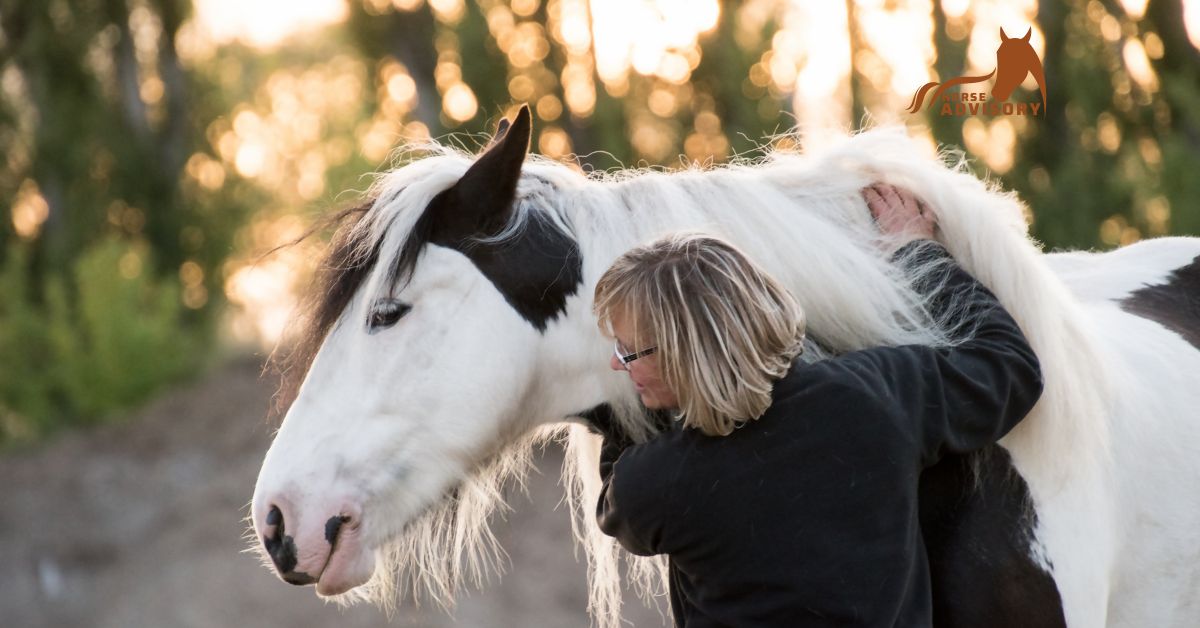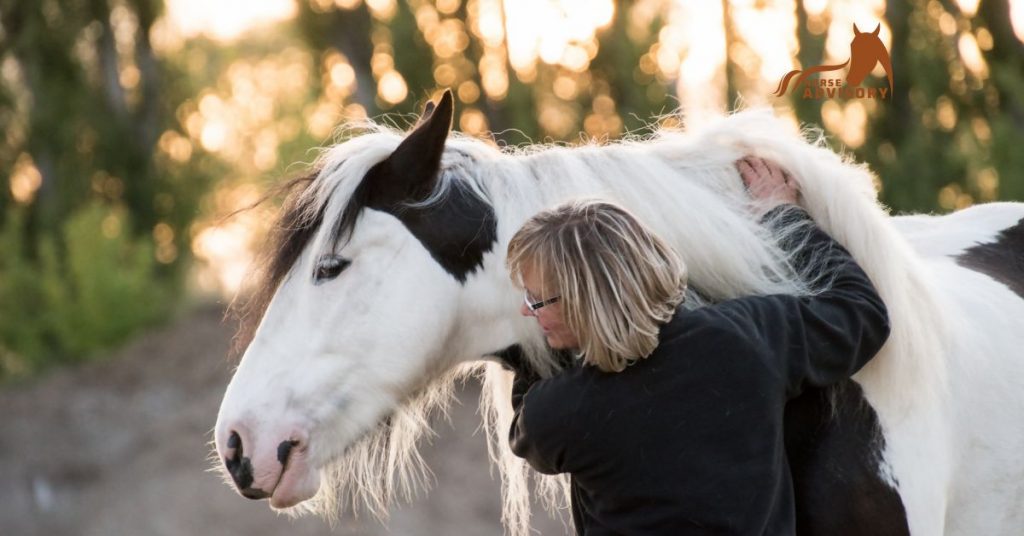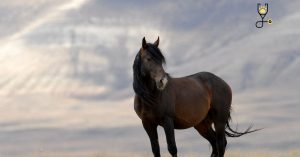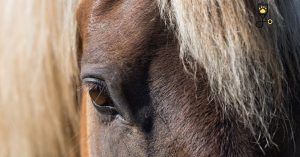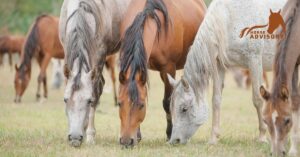When you’re a horse lover, there’s nothing quite like the feeling of finally getting your very own horse. It’s a big responsibility, though, and it’s important to make sure you’re ready for it. There are a lot of things to consider when buying your first horse, and if you’re not careful, you might make some mistakes that could end up costing you a lot of money or even hurting your horse. In this blog post, we’ll discuss some of the most common mistakes people make when buying their first horse. We’ll also provide some tips on how to avoid making these mistakes yourself. So whether you’re already in the market for your first horse or just thinking about it, be sure to read on!
1. Not Doing Enough Research
It’s easy to rush into buying a horse without doing any research or learning about the breed and type of horse you’re interested in. Unfortunately, this can be a huge mistake, as different breeds have different needs and temperaments that you need to understand before making a purchase. Be sure to do plenty of research on any horse you’re considering purchasing before you commit to anything.
2. Focusing Too Much on Price
Sure, everyone wants to save money when they buy something, but it’s important not to let that be your only focus when selecting a horse. Going for the cheapest option isn’t always the best idea – sometimes paying more upfront can save you money down the line in terms of medical bills or other costs associated with owning a horse.
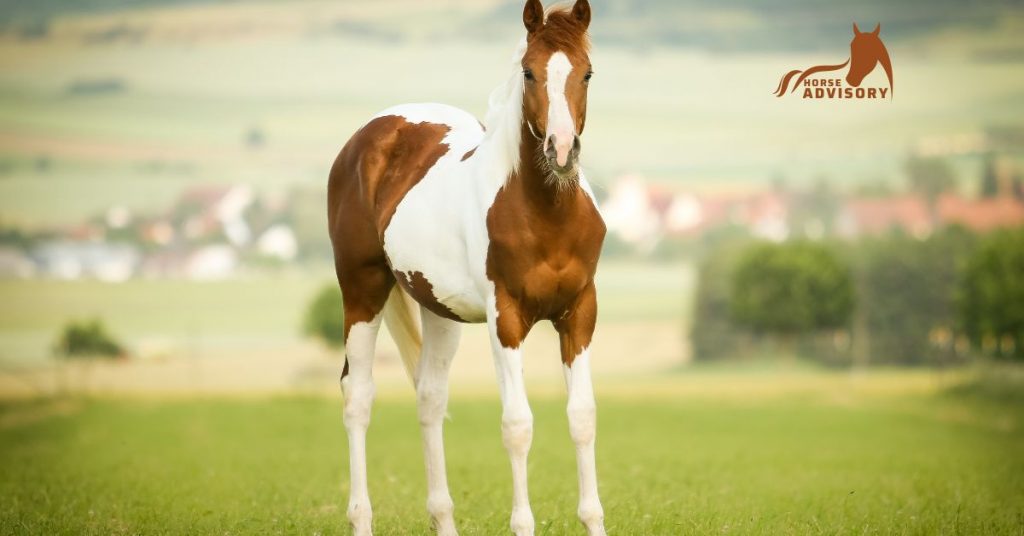
3. Not Checking the Horse’s History
It’s essential to know the horse’s history before you buy it. This includes its age, any previous injuries or illnesses, and whether it has been used for racing or showjumping. Knowing all this information can help you make sure that the horse is healthy and suitable for your needs.
4. Forgetting to Ask About Training
Just because a horse looks good on paper doesn’t mean it’s going to be easy to handle once you get it home! You need to ask questions about the level of training the animal has received as well as how often it has been ridden or handled in recent years – especially if you’re a beginner rider.
5. Not Considering Your Lifestyle
It’s also important to consider how much time and money you can realistically invest in caring for the horse, as well as what kind of activities you plan on doing with it. Consider whether or not your current lifestyle leaves enough room for the added responsibility of owning a horse, and be realistic about it – if you don’t think you can handle it right now, that’s OK!
6. Overlooking Health Problems
Before buying any horse, make sure to get a thorough vet check done to rule out any health issues that could affect its performance or well-being down the line. Also, keep an eye out during the inspection and ask questions about anything that looks worrying – this could save you a lot of money and heartache in the long run.
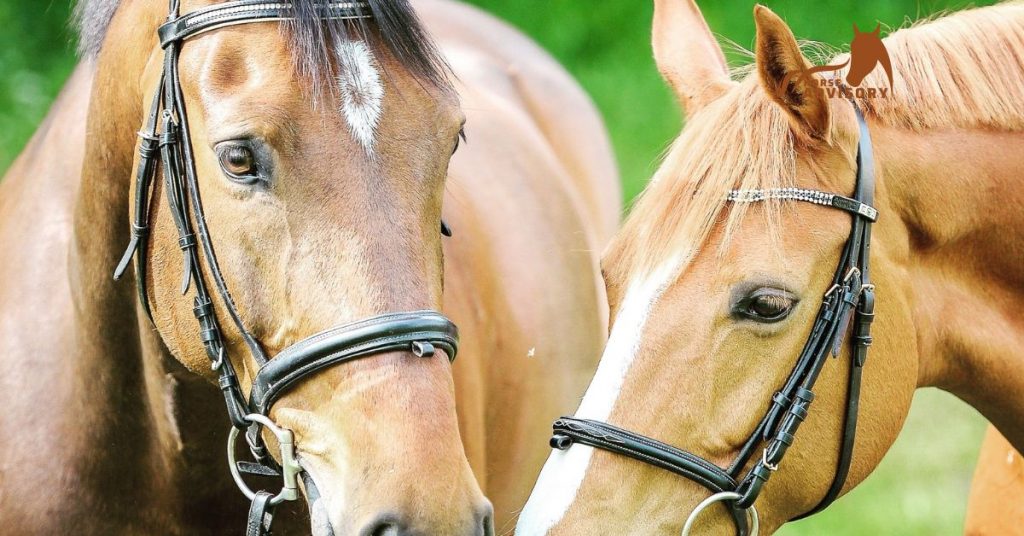
7. Not Spending Enough Time With The Horse
This is an important step that many people overlook – make sure to spend some quality time with the horse before you buy it! Spend at least 20 minutes grooming, leading, or just observing its temperament and behavior to get a better feel for how the animal will fit into your life.
8. Forgetting About Transportation
It’s easy to forget about all of the costs associated with transporting a horse from one location to another, but this can add up quickly if you’re not prepared ahead of time. Research different transportation companies in your area so you know what to expect when it comes time for delivery.
9. Not Having An Experienced Horse Owner Help You
One of the best pieces of advice you can get when buying your first horse is to bring along an experienced horse owner who can help you make the right decision. They’ll be able to spot any potential issues that might otherwise go unnoticed and offer their honest opinion about how suitable the horse is for your needs.
10. Not Having A Plan
Before you commit to a horse, it’s important to have a plan in place for how you’ll care for and maintain the animal. This includes everything from where you will board it, what kind of feed and hay you’ll need, and whether or not you’ll be able to ride it regularly. Without this plan in place, owning a horse can quickly become overwhelming and expensive.
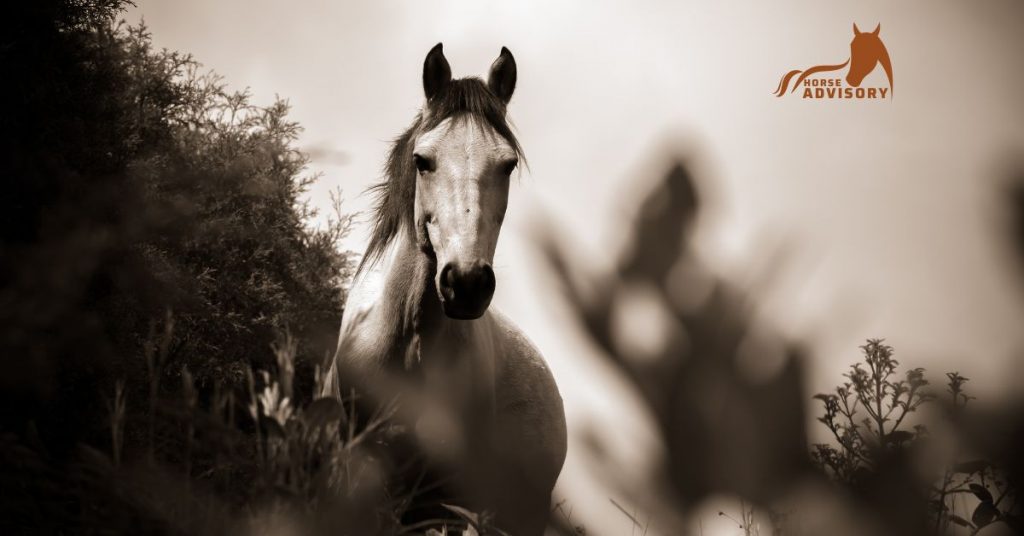
11. Not Considering the Horse’s Emotional Needs
Horses are sensitive creatures and require a lot of mental stimulation and companionship in order to thrive. Consider how much time and energy you can dedicate to providing these needs, as well as whether or not you have access to nearby facilities like trails, an arena, or other equestrian activities.
12. Buying On Impulse
Last but not least, it’s important to remember that buying a horse is a huge commitment – don’t let your emotions get the better of you when making this decision! Take your time researching potential options and really think about what’s best for both you and the animal – after all, one wrong decision could cost thousands of dollars in repairs down the line.
Conclusion
Buying a horse is an exciting prospect, but it’s also important to be aware of all the potential pitfalls that come along with it. From researching different breeds and evaluating their health to considering your lifestyle and having an experienced owner help you out, there are many steps involved in ensuring that you make the best decision for both you and the animal. By following these tips, you’ll be well on your way to finding the perfect horse for you!
Frequently Ask Questions
Q1: How do I know what kind of horse is right for me?
A1: The best way to determine which type of horse will be the best fit for you is to evaluate your lifestyle, skillset, and budget. Consider the activities that you plan on using the horse for, as well as how much time and money you have available to invest in its care and maintenance. You should also consult with a knowledgeable equestrian who can help advise you on different breeds and their temperaments.
Q2: What are some things to look out for when buying a horse?
A2: When purchasing a horse, it’s important to look out for any health issues or behavioral problems that could affect its ability to be ridden. Pay close attention to the horse’s overall condition and make sure that it is free of any visible signs of injury or illness. Be sure to ask for a veterinarian report from the seller, as well as a certificate of health from a qualified equine medical professional. Additionally, it’s essential to spend some time with the animal before you decide to purchase it so you can get an idea of its temperament and behavior.
Q3: What are some common mistakes people make when buying a horse?
A3: Some of the most common mistakes people make when buying a horse include not researching different breeds, neglecting to take into account transportation costs, not having an experienced horse owner help them out, not having a plan for the horse’s care, not considering the animal’s emotional needs, and buying on impulse. Taking your time to think through these considerations ahead of time is essential for helping you make the right decision.
Q4: What are some tips for buying a horse?
A4: Some helpful tips for buying a horse include doing your research and evaluating different breeds, having an experienced owner help you out, considering transportation costs, creating a plan for the animal’s care and maintenance, taking into account the horse’s emotional needs, and avoiding impulse purchases. These tips can help ensure that you make an informed decision when selecting a new equine companion.
Q5: Can I buy a horse online?
A5: While it’s possible to purchase a horse online, it’s important to be aware of some potential risks associated with this method. These include not being able to physically inspect the animal to determine its health and temperament, as well as potentially being scammed or sold a sick or injured animal. When buying a horse online, always make sure that you take steps to verify the seller and obtain documentation regarding the horse’s condition before making any kind of payment.
